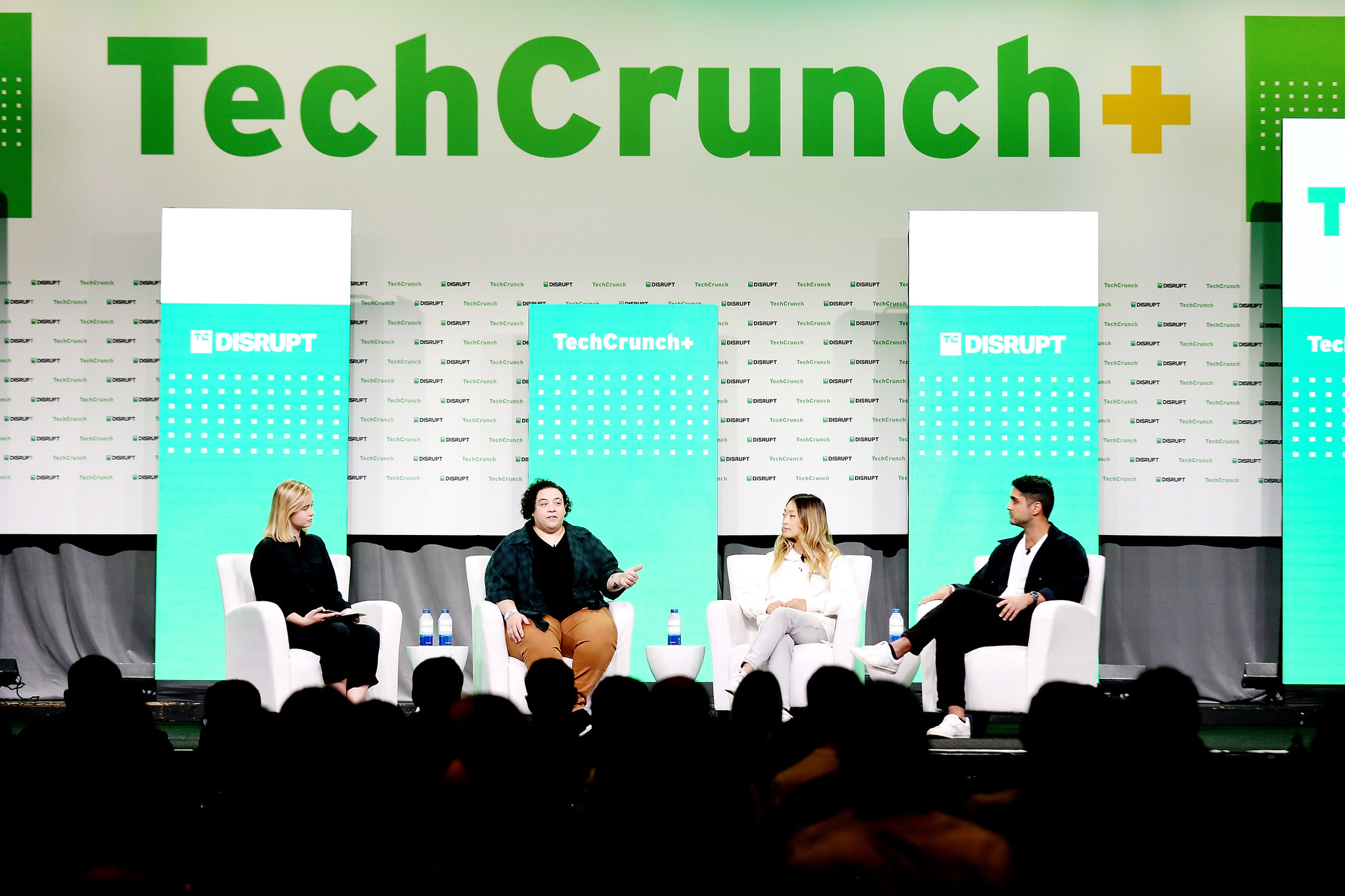As director of Techstars’ startup pipeline, Saba Karim spends much of his time touting the ways entrepreneurs can benefit by joining an accelerator.
But is it the right choice for every founder?
After he posted a thread on Twitter offering several rationales explaining why some should definitely avoid them, I invited him to adapt it for a TC+ guest post we published yesterday.
“Keep in mind that funding will solve your money problems, but it won’t solve everything else,” he writes.
Full TechCrunch+ articles are only available to members.
Use discount code TCPLUSROUNDUP to save 20% off a one- or two-year subscription.
“You’ll still need to figure out how to acquire customers, find the best talent, build an incredible product, assemble a great advisory board and get to product-market fit.”
His article confirms a suspicion I’ve long harbored: Many entrepreneurs pursue accelerators so they can gain access to investors, score free publicity or receive positive reinforcement for their idea.
But none of those are determining factors for success. “If you’re not living and breathing your startup, you’re going to struggle anyway,” says Karim.
If you have information, knowledge or experience to share that could help early-stage startup founders, investors and workers make better decisions, please review our submission guidelines and drop us a line.
Thanks very much for reading,
Walter Thompson
Editorial Manager, TechCrunch+
@yourprotagonist
These founders landed early checks by being savvy about social media

Is there a correlation between being extremely online and a founder’s ability to fundraise?
According to three entrepreneurs Connie Loizos spoke with at TechCrunch Disrupt, a social media presence that blends aspects of your business and personal lives can “make it easier to connect with investors and customers.”
Nik Milanović (founder, This Week in Fintech), Gefen Skolnick (founder, Couplet Coffee) and Josh Ogundu (CEO, Campfire) talked about the benefits and downsides of using TikTok, Twitter and other platforms to build authentic personal and business brands.
“I even tweeted yesterday that it was kind of not a good day as a founder, and it was really nice and people engaged with that,” said Skolnick. “I don’t believe in constantly showing that things are good. Some days things are just not good.”
These founders landed early checks by being savvy about social media
How to effectively manage a remote team during wartime

“There are a lot of studies about crisis management on the web, but none of them tell us how to manage a company during times of war,” according to Alex Fedorov, CEO and founder of Ukrainian startup OBRIO.
Prior to Russia’s invasion, “our company had never seen a real crisis,” he writes in a post that presents the six methods his company used to maintain continuity while protecting workers.
“Training to manage stress, anxiety and personal finances will help your employees build the needed knowledge and respond to tough situations.”
3 founders discuss how to navigate the nuances of early-stage fundraising

Founders who have raised funds for early-stage startups in the last year have generally had an easier time than people seeking Series A money (or later). Then again, “easy” is such a relative term.
At TechCrunch Disrupt, Rebecca Szkutak spoke to three entrepreneurs to learn more about how they adjusted their expectations and tactics as they approach investors during a downturn:
- Amanda DoAmaral, co-founder and CEO, Fiveable
- Arman Hezarkhani, founder, Parthean
- Sarah Du, co-founder, Alloy Automation
3 founders discuss how to navigate the nuances of early-stage fundraising
Prepare to amortize: Inflation may spell doom for R&D tax expensing

The U.S. federal government has made R&D tax credits available for decades, but a major change set to take place this year will impact startups across the board.
Previously, R&D expenditures could be expensed upfront, but now, “those expenses will need to be amortized over five years in the case of domestic research, and 15 years for foreign research,” according to tax attorney Andrew Leahey.
Because so many startups “incur the bulk of their R&D costs in their first year of operation,” many could wait “the equivalent of a lifetime” to recover those expenses.
High inflation has stalled efforts to repeal the amortization requirement, so Leahey shares several tactics companies can use “to prepare for the possibility of the rule coming into effect.”
Prepare to amortize: Inflation may spell doom for R&D tax expensing
Remote work is here to stay. Here’s how to manage your staff from afar

Before the pandemic, most startup workers had the same experience on their first day: set up a new laptop, fill out some onboarding paperwork, then start gathering intel on the best places to grab lunch near the office.
Now that so many teams are hybrid or fully remote, companies are learning the importance of fostering company culture and community from day one, a topic Rebecca Bellan delved into at TechCrunch Disrupt with three experienced managers:
- Adriana Roche, chief people officer, Mural
- Deidre Paknad, CEO and co-founder, WorkBoard
- Allison Barr Allen, angel investor, Trail Run Capital
“The biggest learning for us over the last three years was that it’s very difficult to really build expertise in a domain or a subject through Zoom,” said Paknad.
Remote work is here to stay. Here’s how to manage your staff from afar
How our startup made it through 2 recessions without relying on layoffs

So far this year, about 45,000 tech workers have been laid off. If that’s hard to visualize, imagine a sold-out Mets game at Citi Field in New York City.
Cutting staff is standard operating procedure during a downturn, but Sachin Gupta, who leads sales, marketing and general operations for HackerEarth, says his company has weathered two recessions without resorting to mass firings.
“At any given time, our staff portfolio operates at about 90% of what we consider ideal,” he says. “Think of this like the distance you have to maintain between you and the car in front of you when you’re driving on the highway.”
“If we staff our teams to fit 100% of our needs (following too closely), then there is a domino effect when the market changes rapidly, causing internal ‘accidents.’”
How our startup made it through 2 recessions without relying on layoffs































Comment